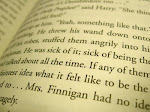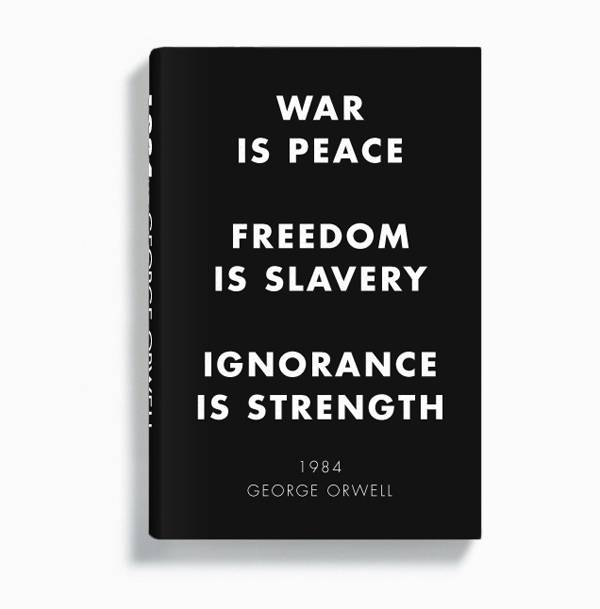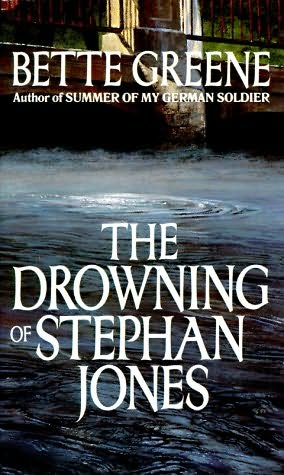
This book showed up to me first on the shelves of my high school library. I looked at it for a while before putting it back, convinced that I wasn't really interested, yet ever since then it beckoned me to it. I didn't answer its call until recently, when I saw it first on a banned books list online, then on the shelf at my local library. Finally, I picked it up, and was astounded.
Snow Falling on Cedars is ultimately a beautifully-written book, simple (though full of details- you may want to skip a few dull parts) yet it calls forth emotions you can only feel, not describe. It is the tale of a Japanese-American man, Kabuo Miyamoto, on trial for the murder of one of his neighbors, an old friend-turned-rival named Carl Heine. It is also the story of Kabuo's wife, Hatsue, who had a romance when she was younger with an American boy, Ishmael Chambers. Ishmael, now a war veteran and a reporter, finds out the truth about the night of Carl's death- and it can set Kabuo free. But it's a battle between his sense of justice and his bitterness about the way his affair with Hatsue ended, mixed with a general hatred of the Japanese after losing his arm in WWII.
The book is a bit descriptive of sexual encounters between teenaged Hatsue and Ishmael, including a near-episode of sexual intercourse. However, this isn't the only reason why it has been censored. The book has faced backlash since (as far as I can tell) 1999, when it was banned from classrooms and a library in a Boerne, TX high school because of depictions of violence, sex, and racial bigotry. (Granted, the war scenes in the book are also quite graphic.) It was restricted in Kitsap, WA in 2001, challenged in Modesto, CA for use in Advanced English classes in 2004, pulled from Grade 11 classes in a Catholic school in Toronto, Ontario in 2007 and challenged in the Coeur d'Alene (ID) School District in 2008.
The Catholic school, perhaps I can imagine; everyone else should really be ashamed. If you consider the time period in the book, and the subject matter, then of course you're going to read about racial bigotry; it was nearly a common trait back in those days after the war. If you mention WWII, you're going to have violence. That's war. Contrary to popular belief, it is not sunshine and daisies. And of course, if you write about a romance between two characters, it's very likely there's going to be sex involved. Sorry to burst your "we need to protect our children" bubble, but they've probably seen this all on MTV anyway if they're in high school.
This is a gripping, heavy and important read that everyone should enjoy. If you like your plot fast-paced, then perhaps it's not for you; the plot opens up slowly, leaving plenty of room for detail and imagery. Also, though the characters at times seem unsympathetic, the way they are written allows for the reader to understand their humanity. Overall, a great way to spend a rainy afternoon.






 In all honesty, I suppose you could call this Part Three, seeing as another, perhaps more juvenile but certainly fitting part of this book sect is The Giver by Lois Lowry. (Not to mention Fahrenheit 451, so perhaps Part Four.) I've realized this perhaps a bit too late, but I'll make up for it when I write about Brave New World by Aldous Huxley (which I WILL read sometime along the way, even though I'm dreading it).
In all honesty, I suppose you could call this Part Three, seeing as another, perhaps more juvenile but certainly fitting part of this book sect is The Giver by Lois Lowry. (Not to mention Fahrenheit 451, so perhaps Part Four.) I've realized this perhaps a bit too late, but I'll make up for it when I write about Brave New World by Aldous Huxley (which I WILL read sometime along the way, even though I'm dreading it).




